Civic nerd comedy is having a moment
National politics is a joke, so these comedians went local
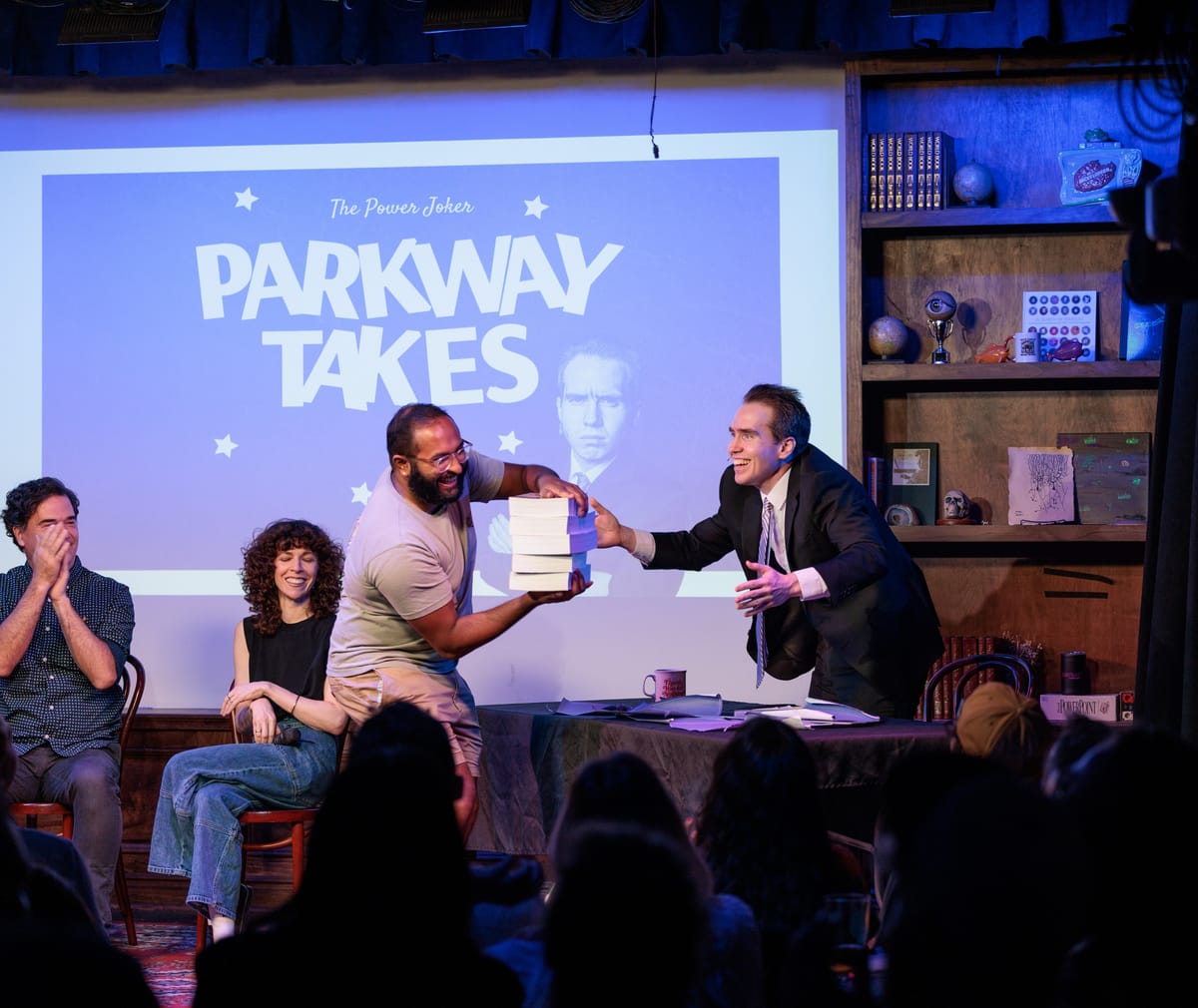
In 2015, comedians Charlie Todd and Cody Lindquist started a political roundtable comedy show called Two Beers In, with a straightforward concept: comedians, politicians and activists would have a couple beers and talk politics.
The heyday of the political comedy show was still upon us — the John Olivers, Samantha Bees and Stephen Colberts of the world were firing on all cylinders — and there was plenty to yap about.
After a COVID hiatus, the two comedians, who are also married, brought the show back in the fall, but it wasn’t hitting the same way, and not just because it gets harder with age to knock back two beers on a weeknight.
“When Trump got reelected, we just decided we were tired of talking about him,” Todd told The Groove.
In the interim years, Todd (who also founded Improv Everywhere) had joined his local community board and Lindquist had joined a Community Education Council; their show had started to drift more local anyway.
“We both have become more civically active and realized that you can actually make a difference by educating yourself and caring about local issues,” he said. “In some ways, the shift in the show was, ‘What can we have an actual influence on?’ And it’s probably not national politics.”
In January, the two rebranded the show and podcast to Not In My Backyard!, with a focus on all the local drama that drums up controversy in your neighborhood’s Facebook group, from congestion pricing and the mayoral race to weed stores and public urination. Since changing focus, the crowds have been noticeably bigger.
“We’ve been really impressed with how smart our audience is,” said Todd, who clarified that he and Lindquist fall more into the YIMBY category themselves. “There’s such an energy in the city right now for local politics.”
The next show is on Oct. 29 at UCB, with Daily Show writer Nicole Conlan and more guests to be announced.
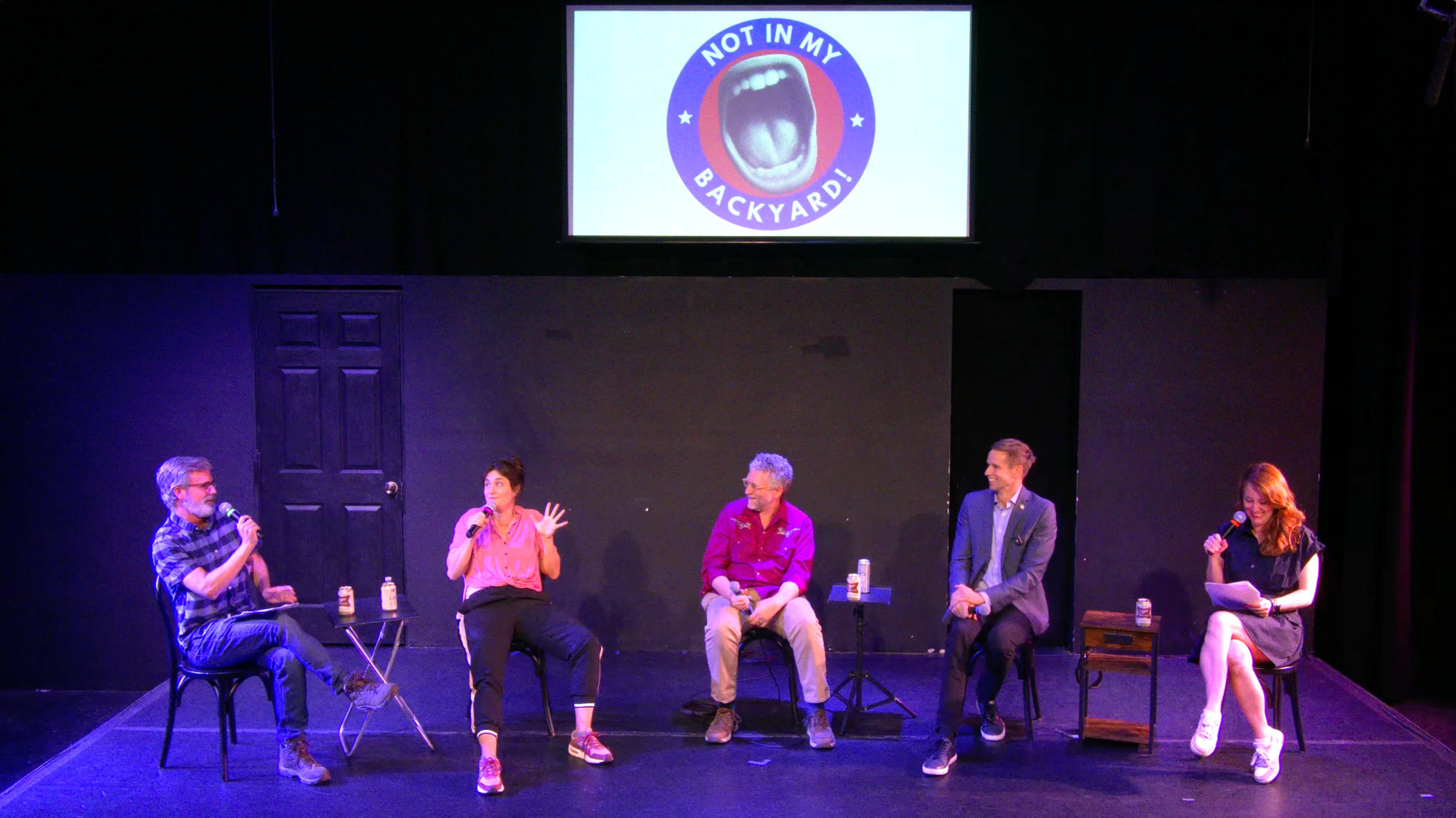
The shift of the show is part of a mini trend in New York City comedy shows: local issues are very funny right now. Case in point: the city is home to two different, but both popular, Power Broker-themed comedy shows at the moment, along with a few other chances to have a topical laugh without having to think about the mess in Washington.
It’s a good time to live in, laugh at and love New York City.
Think locally and laugh at corporate media by becoming a member of The Groove today!
You'll support this work and get perks like deals at our happy hours, bonus content, access to the FOMO Calendar and more.
Power Broker vs. Power Joker
The year 2024 may have been the year of The Power Broker, Robert Caro’s 50-year-old, meticulously detailed deep dive on Robert Moses, who wielded immense power over decades as the head of various city and state agencies, shaping New York infrastructure for generations to come. But the intrigue is still growing, enough to sell out several performances of a comedy show hosted by Robert Moses.
That’s been the case for The Power Joker, which launched late last year and has sold out all five shows since. (I’ve got a bucket of full disclosures to make on this story so I’ll get them out of the way: I was a guest on the last Power Joker show, talking about this article; Groove contributor Kate Mooney was a guest too. I also bartend at Caveat, where many of the shows I’m writing about take place. Charlie Todd was a guest on my own Caveat show, Vocabaret, back in May. Now back to the comedy!)
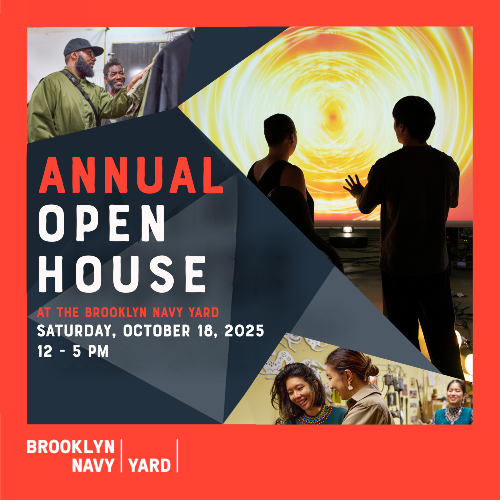
The Power Joker is a talk show format, hosted by Moses (Sam Rogal, doing a broad caricature of the man; he decided early on against doing the whole thing in Joker makeup) and co-produced by Evan Forde Barden. Guests include local journalists, experts such one of the hosts of The Bowery Boys podcast; comedians and activists; Severance’s Jen Tullock appeared on the August show to talk about appearing in The Wind and The Rain, the play about Sunny’s and Hurricane Sandy. Zohran Mamdani himself appeared on the show back in May.
In honor of Moses’ own office location on Randall’s Island across one of his toll bridges, guests must drop a “toll” coin in a box before coming on stage. Other comedians drop in to play guests, such as Nelson Rockefeller or a skit featuring a West Village Girl. It doesn’t stick purely to the Power Broker book, but digs into topical issues of the present day, like the Coney Island casino proposal. Crowds so far can’t seem to get enough of it.
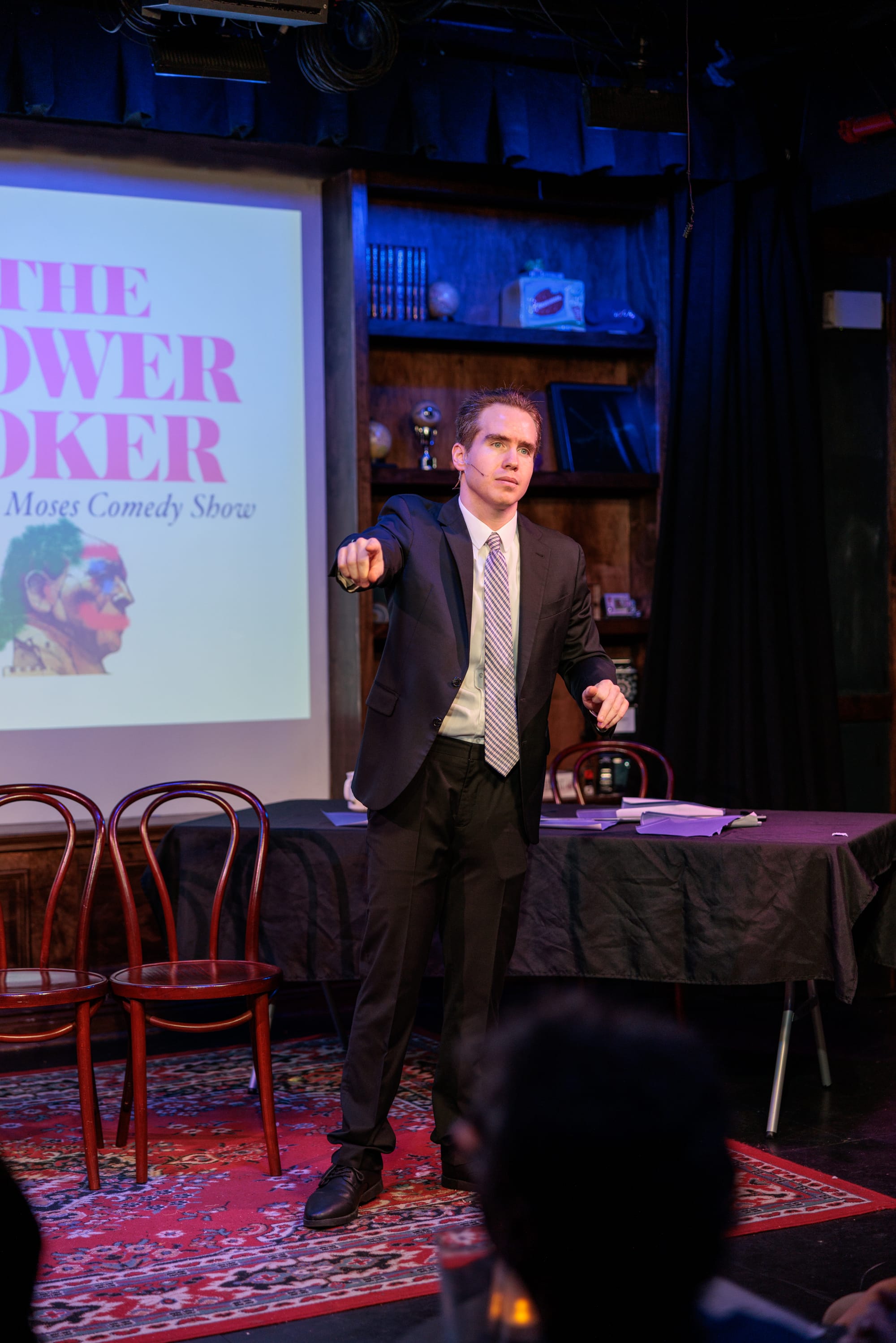
“We sort of stumbled upon this audience that never really had a show catered to them in a way,” Rogal told The Groove. “This weird little niche of people who care about the city, and how they can help.”
Crowd work at one of the early shows revealed a trend among the audience, Rogal said: teachers, housing workers and people who work for the city or otherwise have public service jobs.
“A good chunk [of the audience] is comedy people,” he said. “I think a larger chunk that is allowing us to sell out all of our shows are people who enjoy the non-comedic part of the show as much as the comedic parts.”
It’s a fun lens to use to riff on current city issues. But anyone who wants to get into more of the reasons the city is the way it is, as covered in the actual Power Broker book, doesn’t have to go far. Ben Tumin’s show Skipped History, based on his newsletter of the same name, is currently covering the Power Broker in three chunks of shows at the same venue.
Skipped History has also been drawing eager crowds of Caro heads; his show is more of summary of what goes down in the book, charting Moses’s rise to power, stealing land from the robber barons of Long Island to make public beaches (“Haha fuck yeah!!! Yes!!”) and eventually cleaving neighborhoods into blighted pieces with his massive highways and starving public transit of funds (“Well this fucking sucks. What the fuck.”).
“Not to be an extreme cliche of a history obsessed white bro,” Tumin told The Groove, “but it is one of my most favorite books.”
He considers the show a John Oliver-esque comedic deep dive into the topic. It’s a backdoor way to get the fascinating, maddening, enlightening history of Moses’s impact out to more people.
“So many people are daunted by the length of the book,” he said. “To me the history of it is too important to stay in the niche circles of people who are interested in The Power Broker.”
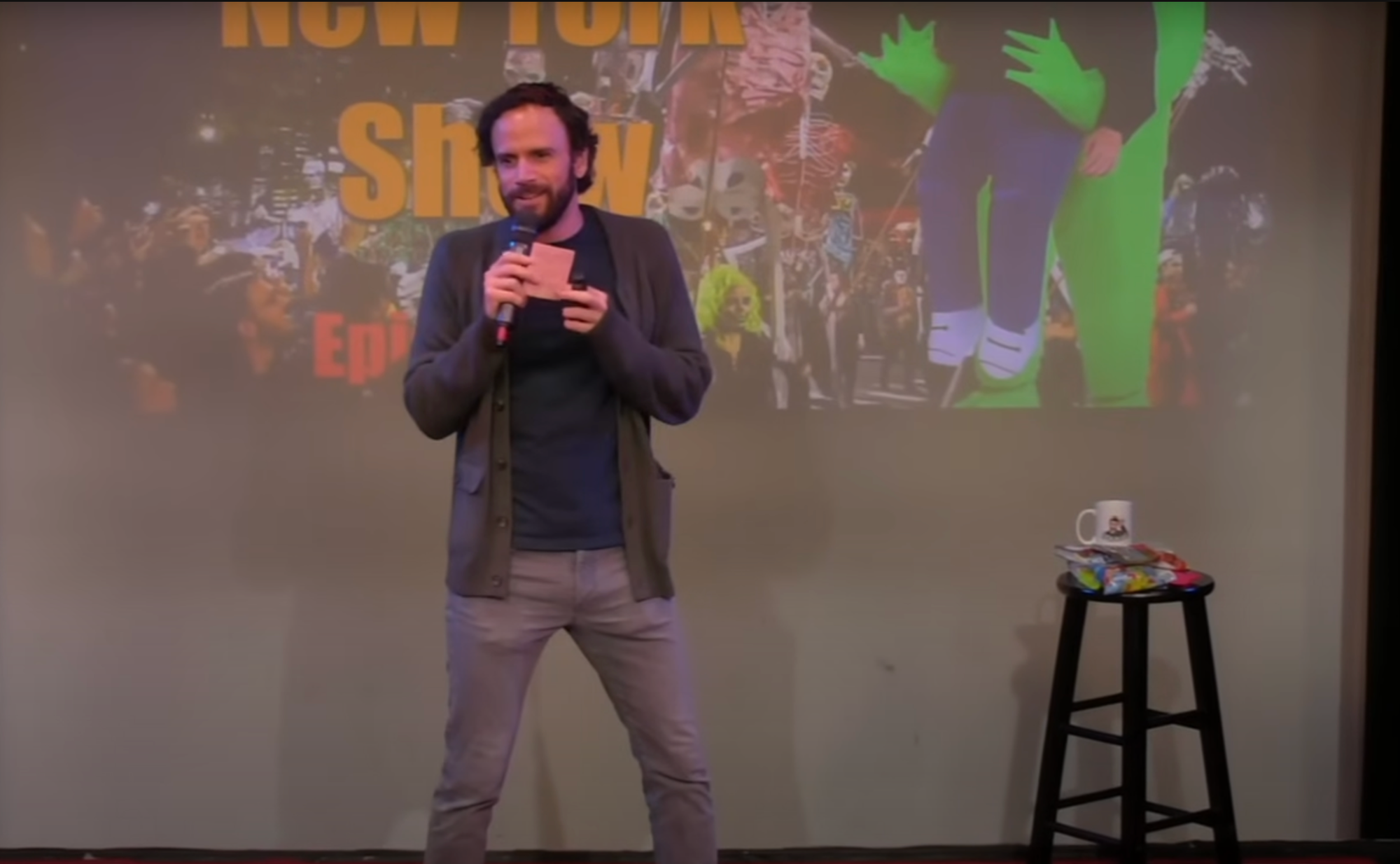
Touring the city, minus the bus
Working as a lawyer in the city wasn’t a great fit for Tom Delgado; but being a tour guide was. After a few years working as an attorney, he saved up enough money to quit, try out some open mics and, like many comedians before him, found his way into giving professional tours of the city.
“I completely fell in love with the idea of learning history for a living,” Delgado told The Groove. “You get to live vicariously through people who are seeing New York for the first time.”
He parlayed that life into a Youtube channel and monthly live show, Tom D’s Big New York Show, where he takes audiences on a mini tour of some of the city’s neighborhoods and history. He invites on special guests and authors, and also packs the room at Caveat every month.
His focus is the history that built New York into what it is today, but sometimes the shows delve into current events. He cited a recent episode where he interviewed an expert on gentrification, which left an imprint on at least one audience member.
“There was this poor guy who goes up to Q and A, and asked ‘what can we do?’” Delgado said.
“It was interesting to think that this guy got so much from it,” he said. “I just like the thought of that happening on a comedy show on a Saturday.”
Think global, laugh local
One of the reasons we here at The Groove are such sickos for local news is not only because it’s the backbone of a functioning democracy that has been ripped out by private equity and billionaire bosses like so much fatality in Mortal Kombat; but also because it’s just much more fun than obsessing over national politics all the time.
You need people following the president around all day, sure, but you don’t need 1,000 reporters spending two months in Iowa every four years trying to cover the inevitable rise to president of caucus winners Pete Buttigieg or Ted Cruz. National politics sucks the air out of every room; cable news has you making enemies out of people you’ll never meet in your life instead of going outside and making friends with people you’ll see every day.
All of the producers of these city-minded comedy shows cited the desire to return to local roots as part of the reason for their success.
“With our old show … it was, where’s the crazy thing that Trump said this week? There was never any disagreement,” Todd said. “There wasn’t a lot of debate.”
The broad, cynical and proudly ignorant strokes of the terribleness of the Trump administration leave little room for fun friction. But switching to local issues only brought out a much more fun discourse: not everyone agrees on how tall a building should be, the correct speed limit for a Citi Bike or whether a teacup pig should be hanging out off leash in Maria Hernandez Park.
“It’s been fun to have topics that it’s a little less partisan divide,” he said.
The Power Joker often includes a call to action in its shows — an offer to reach out to support congestion pricing or funding for accessibility projects, for instance — as way to show audiences that not all is hopeless.
“I do think it is a reaction to what’s happening in the federal government, which feels so beyond our control,” Rogal said. “If we do focus more locally, we gain the slightest bit of control.”
Both Rogal and Tumin cited Mamdani’s success in the primaries, and his strong polling in the general election for mayor, as an encouraging sign that local actions can have a big impact.
“There is a general broader understanding that you need to start from the ground up,” Tumin said. “So people are more and more interested in their immediate surroundings.”
Then there’s the whole Get Off the Internet of it all, a theme we’ve been hammering on The Groove for months now: online is bad, full of bots and AI slop, in addition to censorious right-wing ownership and reptilian tech billionaires who think you, like them, are so lonely you need a robot around your neck. It is infinitely more productive to laugh in public with your neighbors than to argue with strangers online.
“I think local anything, whether it’s volunteering or politics or whatever, is empowering for people,” Delgado said. “They can be a little more proactive, they can affect change more directly than at a national level.”
People are still “hungry to be out in groups with each other,” he said.
“That’s one of the things I like having a monthly show,” he said. “I love the fact that this exists for people to come back to.”
Todd mentioned the key fact of doing a local politics show instead of a national one, a rationale that has a local-first mindset but also a little bit of New York supremacy compared to the predictable and moribund national political scene:
“We just found it so much more interesting.”
👀 Here’s a bonus preview for you: The New York Groove is launching a live show! Save the date for Jan. 6, 7 p.m. at Caveat, and we’ll share more details soon.

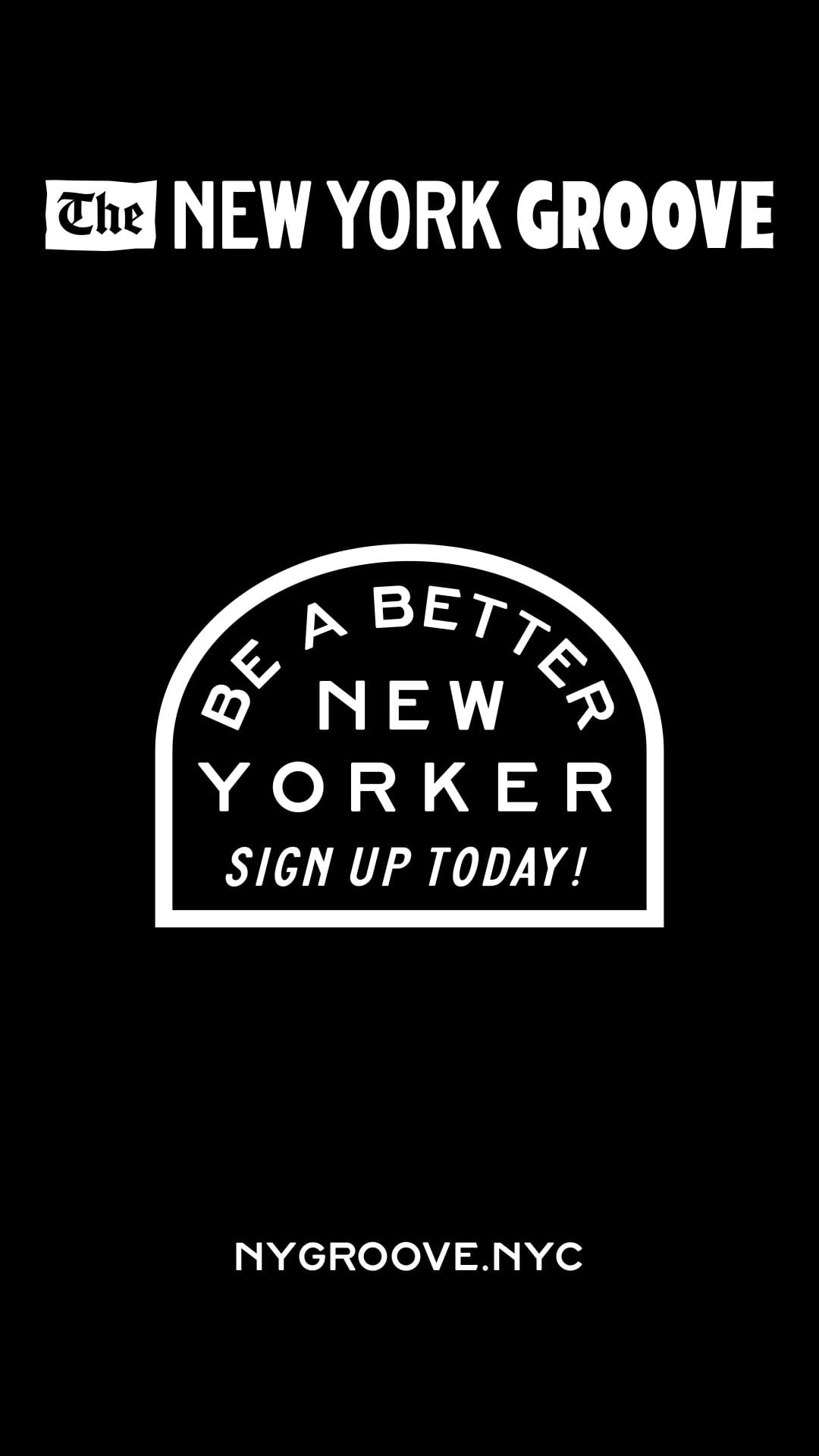
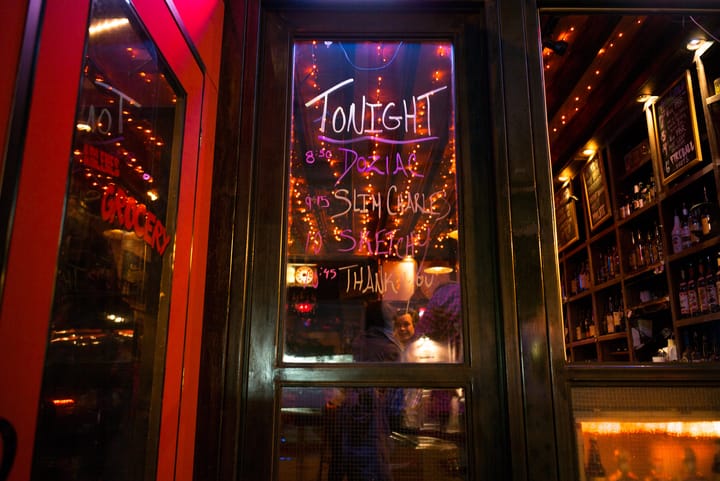
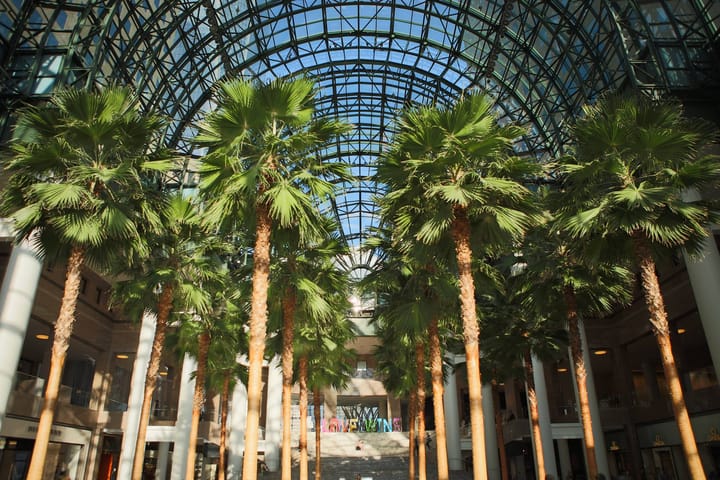
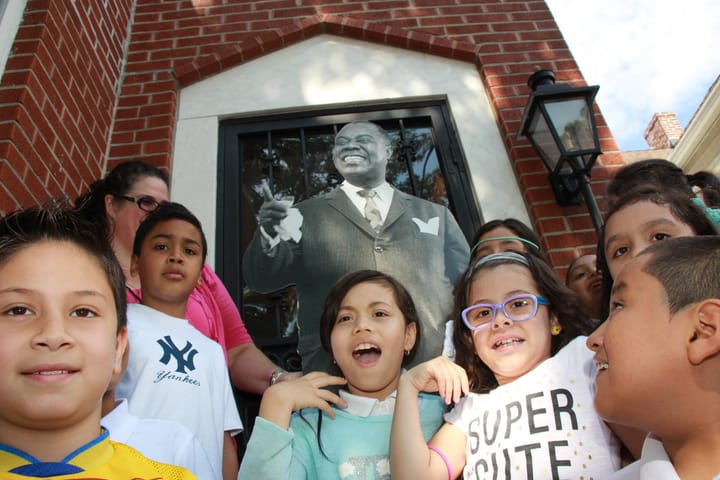
Comments ()